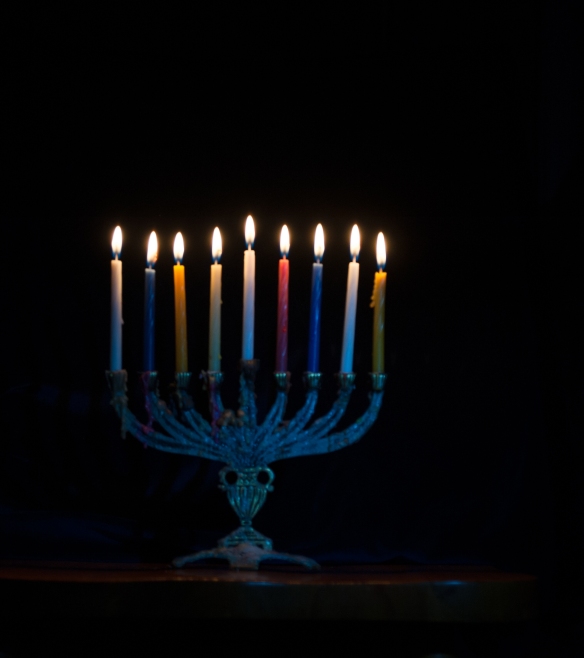As Christmas approaches, carols leak into the folk (and occasionally other kinds of) songs at the pub’s singers night. It happens every year, and every year I ask myself if I shouldn’t take a week or two off to avoid them.
I have a couple of reasons for that. The first and simplest is that I expect carols to be unchanging and over here they’re not. Some have the same words as the American ones and at first the tunes sound like they’ll behave, then they take a sharp left and head off in some new direction, leaving me all alone and on the wrong note. Usually at full volume. In others the tune stays the same but the words are different.
The first few times I heard that, I’d turn to someone nearby and say, “That’s not the way we sing it.”
I might as well have said how shocked I was that gravity was operating over the holidays. Whoever it was would say, “Oh, I know. That’s the Cornish version.” Or the Boscastle version. Or the Padstow version. They’d learned a different version back in Shropshire, or Essex, or Truro, or Wherever.
I’d explain: In the U.S., Christmas carols are harder to change that the Constitution, which (to simplify things a bit) only needs a two-thirds vote of the House and Senate and then the approval of three-quarters of the state legislatures. It’s a high standard to meet, but at least a procedure’s mapped out and ready to use. Christmas carols, though? Sorry, but we don’t have a way to change them, so they stay fixed, the North Star of our culture.
Whoever I was talking to would hear me out and then tell me all over again about Shropshire or Essex or Wherever. Eventually I stopped trying.
So that’s one reason I think about disappearing for the holidays. The next is that some of the carols are—well, let me tell you a story instead of trying to sum them up: Wild Thing and I went to a school Christmas concert to hear a friend’s daughter, and one of the carols was about Mary’s womb. And there we were expecting “Rudolph the Red-Nosed Reindeer.” Which, by the way, I hate.
Wild Thing leaned over and whispered that the Methodists in Amarillo never talked about Mary’s lady parts, let put them to music. In Amarillo, it was all “O Little Town of Bethlehem” and “Glo-o-o-o-o-o-o-o-o-o(etc.)ria.” They sang the same carols I did, whose religion had, at least to my ears, been worn away by repetition. But change the words a bit and toss in Mary’s womb and you’ll jolt me out of my dozy acceptance. It starts to sound, you know, religious.
I should add that the word womb doesn’t make for a particularly singable line.
I grew up celebrating Christmas as a secular holiday. The extended family came to our apartment (and later, to our house) to eat, give the kids presents, and enjoy an argument or two, usually about politics. What can I tell you? Arguing was a form of entertainment in my family. But one year an older cousin’s girlfriend played the piano and we gathered around and sang carols, and every Jewish atheist one of us knew the songs as well as the few non-Jewish family members did.
It’s a moment I remember fondly. It was decades before I stopped to think what deeply weird picture it makes.
Then I moved to Minnesota and started to feel smothered by Christmas, and that’s my third reason, if you remember after all these words what we’re counting. In New York—at least in the circles I traveled in—there were enough Jews around to create a space for people who didn’t celebrate, and that made celebrating feel voluntary. I never paid much attention to who was Jewish and who was something else, but this wasn’t about individuals. It was about the impact of demographics. (At the time, my experience was pretty much limited to Jews and Christians. I don’t know if the New York created space for other forms of non-Christians over the holidays.)
Minnesota, though, is packed with people who even if they’re not religiously Christian are at least culturally so, and that left less space for people who didn’t celebrate the holiday. Celebration stopped feeling voluntary, and I developed mixed feelings about it—part celebratory, part crabby.
And in Cornwall? As far as I know, I’m the only Jew for miles around, and probably ditto for the only person whose family wasn’t, at some point, Christian. I still celebrate the holiday, which is good since Wild Thing never saw a holiday she didn’t want to be part of and has a strong historical claim to this one, but the more insistently it surrounds me the more footnotes, caveats, reservations I add.
This year, the carols weren’t overwhelming at the pub, and the harmonies on a couple of them were stunning. My crabby meter registered only minimal grumpiness. Maybe repetition is starting to blunt the edges of the religion.
*
Whatever you celebrate and whether it’s religious or secular, I wish you a good one of it. And if you don’ t have a holiday at this time of year, tuck my good wishes away and save them whenever your next holiday comes around. If you still remember by then where you left them.

